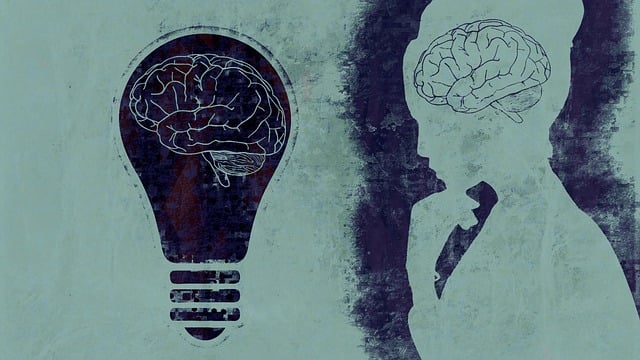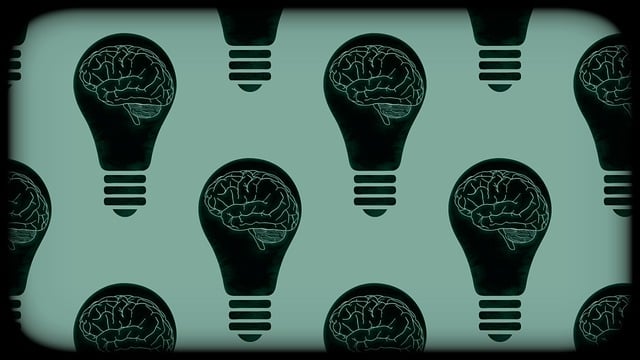Mindfulness meditation is an ancient practice that has gained prominence in superior adolescent and teen therapy. By focusing on the present moment, teenagers learn self-awareness exercises that improve emotional well-being, reduce anxiety, and enhance stress management. Regular mindfulness practice creates a safe space for exploration, fostering personal growth and resilience. A dedicated meditation space with inspiring elements promotes emotional regulation and healthy habits. Ancient techniques like mindful breathing and body scans provide effective tools for managing stress and improving mental health awareness in adolescents and teens.
“Unwind the mind, unlock potential – discover the transformative power of mindfulness meditation for adolescents and teens. This comprehensive guide delves into the benefits of incorporating this practice into their lives, offering a path to improved mental health and overall wellbeing. From understanding the fundamentals to creating a nurturing environment, we explore techniques to enhance focus and resilience. Learn how regular sessions can lead to better stress management and emotional intelligence, providing a powerful tool for superior adolescent and teen therapy.”
- Understanding Mindfulness Meditation for Adolescents and Teens
- Benefits of Regular Practice in This Age Group
- Setting Up a Safe and Supportive Space for Meditation
- Techniques and Tips for Effective Meditation Sessions
- Incorporating Mindfulness into Daily Routines and Long-Term Wellbeing
Understanding Mindfulness Meditation for Adolescents and Teens

Mindfulness meditation is an ancient practice gaining modern relevance, especially for adolescents and teens navigating complex emotional landscapes. This form of therapy goes beyond traditional talking therapies, offering a powerful tool for self-awareness exercises that can significantly impact emotional well-being promotion techniques. By focusing on the present moment, young individuals learn to observe their thoughts and feelings without judgment, fostering a deeper sense of understanding and control over their mental state.
The benefits are numerous; mindfulness meditation can enhance focus, improve stress management skills, and even boost confidence. It provides an effective outlet for processing emotions, helping teens cope with challenges like anxiety and depression. Superior adolescent and teen therapy incorporates this practice to create a safe space where young people can explore their inner selves, thereby laying the foundation for personal growth and resilience.
Benefits of Regular Practice in This Age Group

Regular mindfulness meditation practice offers a plethora of benefits for adolescents and teens, making it a valuable tool in their overall well-being. This age group often faces unique challenges, from academic pressures to social dynamics and identity formation, which can contribute to stress, anxiety, and emotional turmoil. Incorporating self-awareness exercises into their daily routines can be transformative. By cultivating mindfulness, young individuals learn to observe their thoughts and emotions without judgment, fostering a deeper understanding of themselves and their reactions.
Such practice has been linked to improved mental health, including better stress management and reduced symptoms of anxiety and depression. It encourages positive thinking by promoting a present-moment mindset, allowing teens to navigate life’s ups and downs with increased resilience. The benefits extend beyond emotional well-being; mindfulness can enhance focus and concentration, aid in decision-making, and even improve academic performance, making it a powerful asset for superior adolescent and teen therapy.
Setting Up a Safe and Supportive Space for Meditation

Creating a dedicated space for meditation is an integral part of establishing a regular practice. This sanctuary should be a place where one can retreat to, free from distractions and interruptions. For adolescents and teens exploring mindfulness through therapy, it’s crucial to involve them in this process; let them contribute to designing their ideal meditation area. This involvement fosters ownership and encourages them to prioritize their mental health.
Consider the surroundings—a quiet, comfortable room with minimal clutter can promote a sense of calm. Soft lighting, perhaps candles or fairy lights, can create a soothing ambiance. Incorporate elements that inspire emotional regulation and compassion cultivation; this could be through artwork, plants, or even a journal where they reflect on their practice. By implementing these simple yet effective burnout prevention strategies for healthcare providers, such as creating a supportive space, you enable them to develop lifelong healthy habits while navigating the challenges of adolescence.
Techniques and Tips for Effective Meditation Sessions

Engaging in mindfulness meditation can be a powerful tool for improving mental wellness, especially among adolescents and teens. To make your practice as effective as possible, consider incorporating specific techniques and tips into your sessions. First, create a quiet and comfortable environment free from distractions. This could involve setting aside dedicated time each day, establishing a routine, and using aids like candles or soft music to enhance focus.
Additionally, start with short, manageable meditation periods and gradually increase their duration as you build endurance. Focus on your breath, observing its natural rhythm without trying to control it. When thoughts intrude—which is common—gently acknowledge them and redirect your attention back to your breath. Practicing these self-care practices regularly can significantly contribute to stress management and overall mental wellness, as evidenced in the Mental Wellness Podcast Series Production.
Incorporating Mindfulness into Daily Routines and Long-Term Wellbeing

Incorporating mindfulness into daily routines can significantly enhance long-term wellbeing, especially for adolescents and teens navigating the complexities of modern life. This ancient practice, with its roots in traditional meditation techniques, offers a simple yet powerful tool to manage stress and improve mental health awareness. By integrating mindfulness practices like mindful breathing exercises or body scans into their everyday schedules, young individuals can cultivate a deeper sense of self-awareness and emotional regulation. As they become more attuned to their thoughts and feelings, they gain valuable coping mechanisms that support their overall mental health.
The benefits extend beyond individual growth; regular mindfulness practice contributes to a positive shift in Cultural Sensitivity in Mental Healthcare Practice. When adolescents and teens see the impact of mindfulness on their lives, they are more likely to engage openly with therapy and embrace Empathy Building Strategies. This collaborative approach fosters trust and understanding, creating a safe space for them to explore their emotions and challenges, ultimately leading to superior adolescent and teen therapy outcomes.
Mindfulness meditation offers adolescents and teens a powerful tool for navigating life’s challenges. By integrating these practices into daily routines, young individuals can experience improved emotional regulation, enhanced focus, and increased overall well-being. Creating a safe space for mindfulness and incorporating it into their lives can foster resilience and promote healthy development. With consistent practice, the benefits of mindfulness meditation can have a lasting impact on their mental health and serve as a superior approach in adolescent and teen therapy.








